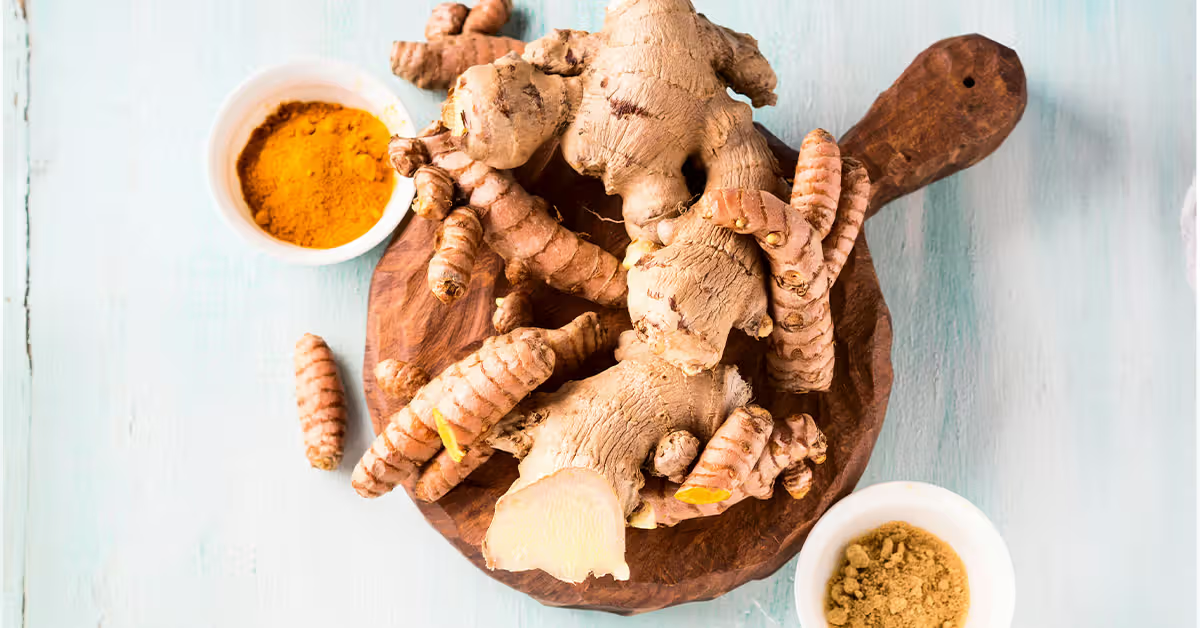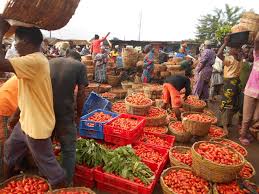For centuries, spices have been treasured not only for their flavor but also for their healing properties. In today’s world, they remain a natural source of health and wellness. At Zam Modern Agricultural Nig. Ltd., spices such as ginger, turmeric, garlic, and cinnamon are processed with care to preserve their natural goodness.
1. Ginger – The Natural Remedy
Ginger is widely used to relieve nausea, improve digestion, and fight inflammation. Fresh or powdered, it has a warming effect that strengthens the immune system.
2. Turmeric – The Golden Spice
Known for its bright yellow color, turmeric contains curcumin, a compound with powerful anti-inflammatory and antioxidant benefits. It supports joint health and may even reduce the risk of chronic diseases.
3. Garlic – Nature’s Antibiotic
Garlic is rich in compounds that fight infections, lower blood pressure, and improve heart health. Its versatility makes it one of the most important spices in kitchens worldwide.
4. Cinnamon and Other Spices
Cinnamon helps regulate blood sugar levels, while cloves, cardamom, and chili peppers each bring unique benefits, from boosting metabolism to aiding oral health.
Conclusion
Spices are more than kitchen essentials — they are natural medicines that promote wellness. By choosing high-quality spices from trusted sources, consumers enjoy both flavor and health in every meal.




